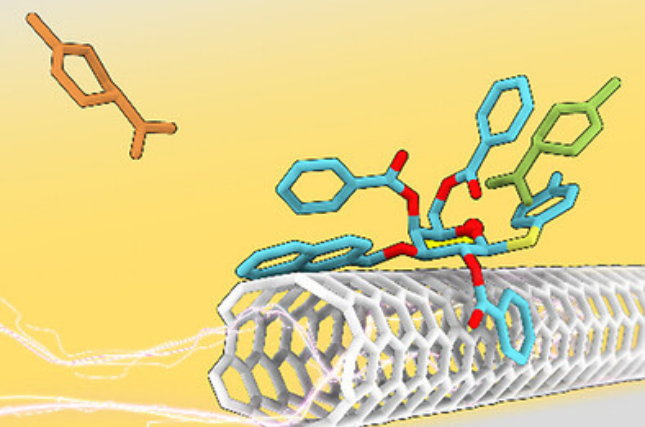
July 25, 2024 — In a new development to fighting antibiotic resistance, a new study by researchers at the Hebrew University of Jerusalem found that antimicrobial peptide mixtures offer a lower risk of resistance compared to single antimicrobial peptides (AMPs).
The widespread use of antibiotics has led to many bacteria developing resistance, posing a significant threat to public health. AMPs are multi-functional peptides that eliminate pathogenic microorganisms, including gram-positive and gram-negative bacteria, fungi, and viruses.
The study, published in PLOS Biology, explored whether newly developed random antimicrobial peptide mixtures can significantly reduce the risk of resistance evolution compared to single sequence antimicrobial peptides. The research team used the ESKAPE pathogen Pseudomonas aeruginosa, a model gram-negative bacterium, known for its challenging infections due to inherent resistance to many drug classes and its ability to form biofilms. The bacteria were exposed to antimicrobial peptides and random antimicrobial peptide mixtures to assess resistance evolution and cross-resistance between treatments.
This research suggests that Pseudomonas aeruginosa can detect these antimicrobial agents but cannot develop effective resistance within four weeks in vitro. Additionally, these antimicrobial peptide cocktails are affordable to synthesize and have proven to be non-toxic and non-hemolytic in a mouse model, with strong efficacy profiles in several mouse models of human pathogenic bacterial infection.
“The growing threat of antibiotic-resistant bacteria demands innovative solutions,” says Prof. Zvi Hayouka from the Institute of Biochemistry, Food Science, and Nutrition at the Robert H. Smith Faculty of Agriculture, Food, and Environment. “Our research on random antimicrobial peptide mixtures presents a promising approach to outpace bacterial resistance, offering a viable alternative to traditional antibiotics and safeguarding public health.”
The results highlight the urgent need for new strategies to control bacterial infections due to the growing threat of antibiotic-resistant pathogens. Proper antibiotic use, quick diagnostics, and careful development of new antimicrobial agents, ideally less likely to be selected for resistance than current antibiotics, are crucial.
Prof. Zvi Hayouka has co-founded a company, Pepticore, in partnership with Hebrew University’s technology transfer company, Yissum, dedicated to addressing antibiotic resistance through innovative solutions. The company aims to develop and commercialize new antimicrobial agents using different combinations of antibiotics and exploring mixtures composed of millions of molecules to inhibit resistance.
The research paper titled “The evolution of antimicrobial peptide resistance in Pseudomonas aeruginosa is severely constrained by random peptide mixtures” is now available here.
Researchers:
Bernardo Antunes1,2, Caroline Zanchi1, Paul R. Johnston1,3,4, Bar Maron2, Christopher Witzany5, Roland R. Regoes5, Zvi Hayouka2, Jens Rolff1,3
Institution:
- Freie Universität Berlin, Evolutionary Biology
- Institute of Biochemistry, Food Science, and Nutrition, The Hebrew University of Jerusalem
- Berlin Centre for Genomics in Biodiversity Research
- University of St. Andrews, School of Medicine
- Institute of Integrative Biology, ETH Zurich





